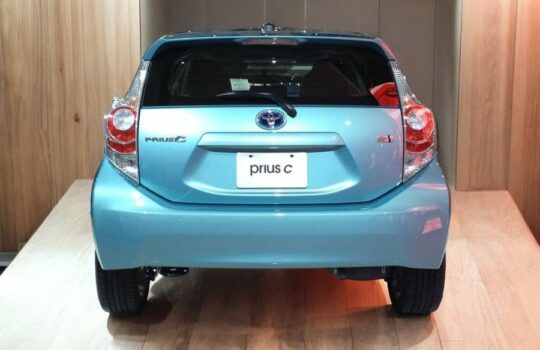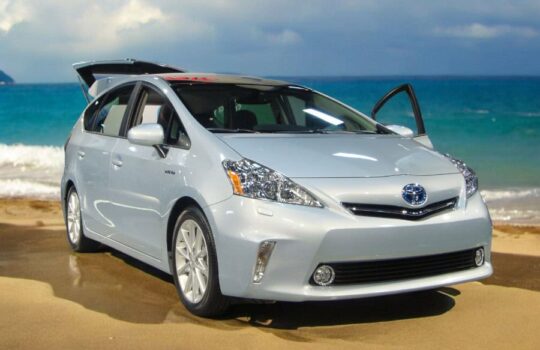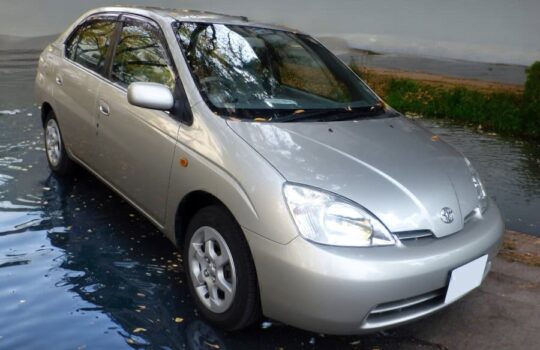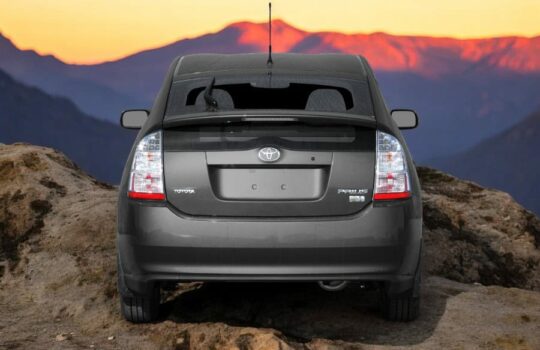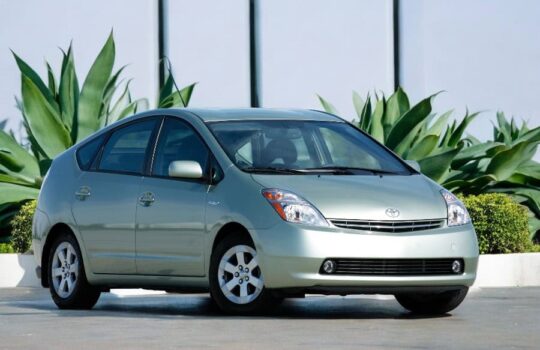How to Extend the Life of Your Toyota Hybrid Battery
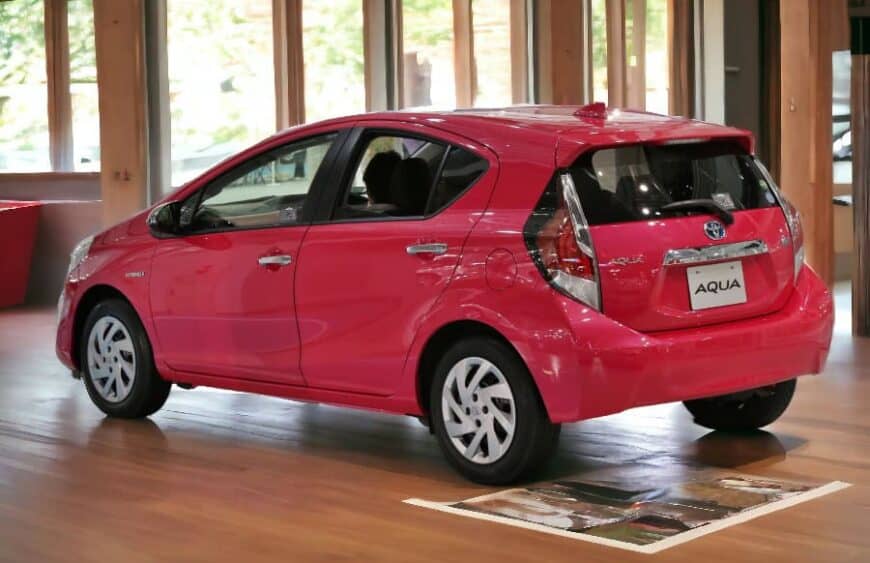
Most hybrid vehicles come with a manufacturer warranty that covers their battery. Regular maintenance is critical to extending the battery’s lifespan and following proper charging instructions.
Depending on its condition, battery repair could be an option; however, professional services should always be sought for optimal results.
Nickel-metal hydride
Ni-MH batteries are an increasingly popular choice for powering hybrid vehicles, as they can store more energy than traditional lead-acid batteries and offer greater fuel efficiency. Unfortunately, like all batteries, they have a limited lifespan; if your Toyota hybrid battery has reached this point, it should be replaced as soon as possible, and to ensure safe handling, consult a certified professional before doing it yourself! Unlike regular car batteries, hybrid batteries contain high-voltage components that must be handled carefully to avoid electrical shock, and proper maintenance procedures must be followed to extend their lives.
Nickel-metal hydride batteries were initially developed as an alternative to nickel-cadmium batteries during the 1990s and have since become one of the most commonly used rechargeable batteries. Their characteristics include long calendar life, minimal corrosion, and minimal self-discharge rates, as well as being temperature tolerant, making them suitable for use across a range of temperature conditions and consumer devices such as digital cameras, handheld gaming devices, and portable music players; they’ve even used power tools such as cordless drills and electric screwdrivers!
These batteries offer greater energy density at a lower cost than lithium-ion yet have longer charging times and a self-discharge rate of 20 percent in 24 hours, followed by 10 percent every 30 days. Furthermore, they are less durable and can even experience memory effects.
New developments have allowed for significant upgrades in nickel-metal hydride batteries. Today, this type of battery is much more reliable than its predecessor and is widely used in hybrid vehicles and power sources—even fully electric vehicles!
As demand for hybrid and electric cars surges, battery performance must improve, too. A battery recycling program can help minimize environmental impact by diverting batteries away from landfills and repurposing them for other applications; it also ensures that recycled batteries do not pose any threats to the environment, providing long-term energy sources that won’t become pollutant sources.
Lithium-ion
A hybrid battery provides significantly more power than your average 12-volt car battery, although both provide enough energy for starting and moving your car forward. A hybrid electric battery does this by linking several individual cells into a larger battery pack—one pack can power an entire Toyota Highlander Hybrid vehicle! Two hundred forty cells create this impressive energy source, making hybrid vehicles efficient and capable of excellent fuel economy.
Lithium-ion batteries are the go-to choice for hybrid cars, as their higher energy density outshines that of nickel-metal hydride battery packs in terms of charge storage in less space. Furthermore, lithium-ion cells offer longer lifespans and lighter weight performance than their NiMH counterparts; however, complex cooling systems must be in place to prevent overheating and cost more.
Maintaining and following the manufacturer’s recommended service schedule are effective strategies for prolonging the useful life of hybrid batteries and can help identify issues that could hinder their performance and longevity. Regularly charging your battery can also add years to its lifespan.
Whether it’s a Prius or a Honda Civic, hybrid vehicle batteries tend to last years with proper care and attention. If signs indicate they may be failing or dying prematurely, contact the Toyota service center immediately. Signs indicating poor battery health include strange electrical fluctuations, reduced fuel economy, and decreased driving performance.
Though most hybrid vehicles now employ lithium-ion technology, Toyota has retained nickel-metal hydride cells in the Prius for multiple reasons. While lithium-ion offers more energy density, nickel-metal hydride offers lower costs and better low-temperature capabilities – two advantages that make it the superior choice for hybrid drivers looking for maximum value for their investment. Furthermore, Toyota’s ability to switch seamlessly between nickel-metal hydride and lithium-ion allows the factory to respond more swiftly when raw material prices spike unexpectedly.
Regenerative braking system
Regenerative braking technology employed in Toyota hybrid batteries converts vehicle kinetic energy into electricity that can then be stored in the power control unit and used to recharge the battery and increase the efficiency of the electric drive motor, helping the engine deliver responsive acceleration. Furthermore, regenerative braking can reduce fuel consumption and carbon emissions – though friction brakes must remain available as emergency backup.
Toyota hybrid electric vehicles stand out as fuel-efficient, boasting over 50 miles per gallon in mileage on one gas tank – particularly its Prius model. Regenerative braking is essential for this efficiency, but Toyota’s hybrid battery systems also use smaller, more powerful motors that require less energy to run.
Toyota hybrid batteries are built with many features to extend their longevity, such as using nickel-metal hydride cells instead of lithium-ion cells and innovative technologies for performance and safety. These features enable Toyota to swiftly respond when critical raw materials such as nickel or lithium become scarce in either factory or vehicle-level supply chains.
Hybrid batteries may need to be completed but can outlive their expectations with proper care and maintenance. The key is avoiding overcharging or draining completely before charging back up again; additionally, regular maintenance sessions will keep your hybrid healthy and prevent damage caused by extreme temperatures.
Though many don’t give much thought to their car batteries, they can significantly affect how much money you spend on gas and repairs; additionally, having one go dead could leave you stranded. Therefore, drivers must understand different types of hybrid batteries and their functionality.
Power control unit
Toyota hybrid battery systems are an essential component of your car. They supply power to its electric motor and fuel-driven engine, helping reduce carbon emissions. These efficient and long-lived batteries should last for many years with proper care—including regular maintenance visits and not driving until their charge or depletion levels have stabilized.
Toyota hybrid vehicles rely heavily on their power control unit for efficient engine and electric motor power integration and performance, charging, discharging, thermal management, and wear reduction of their battery. Furthermore, this component helps decrease wear-and-tear factors that reduce lifespan by helping integrate engine and motor power effectively.
Hybrid electric batteries differ from their 12-volt counterparts by being composed of multiple individual cells that combine to produce powerful energy for driving your vehicle. A Toyota Highlander Hybrid’s battery pack contains 240 cells, which work together to generate this forceful drive. At the same time, the HPCU regulates the electrical current flow between your pack and other systems and accessories in your car.
The HPCU also plays a vital role in protecting the integrity of the hybrid battery’s modules and cells by detecting damage or degradation and replacing any affected ones to restore battery function. This feature makes the HPCU an excellent choice for drivers hoping to extend the lifespan of their hybrid vehicles.
Though nickel-metal hydride batteries used in hybrid Toyota vehicles are highly durable, their lifespan can be limited. You can employ various strategies to extend its life, such as following a maintenance schedule, avoiding total depletion or loss of charge, driving safely under optimal conditions, and not overcharging or deep discharging it, as this may damage and shorten its lifecycle.
Hybrid Toyotas can be economical in lowering fuel costs, yet repairs or replacements can be expensive. Toyota offers expert help with maintaining and protecting hybrid batteries; their team of skilled technicians is on standby, ready to assist with all maintenance requirements.


